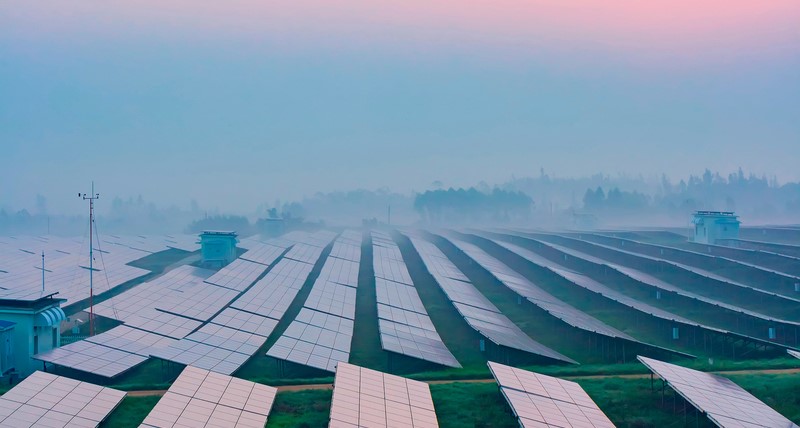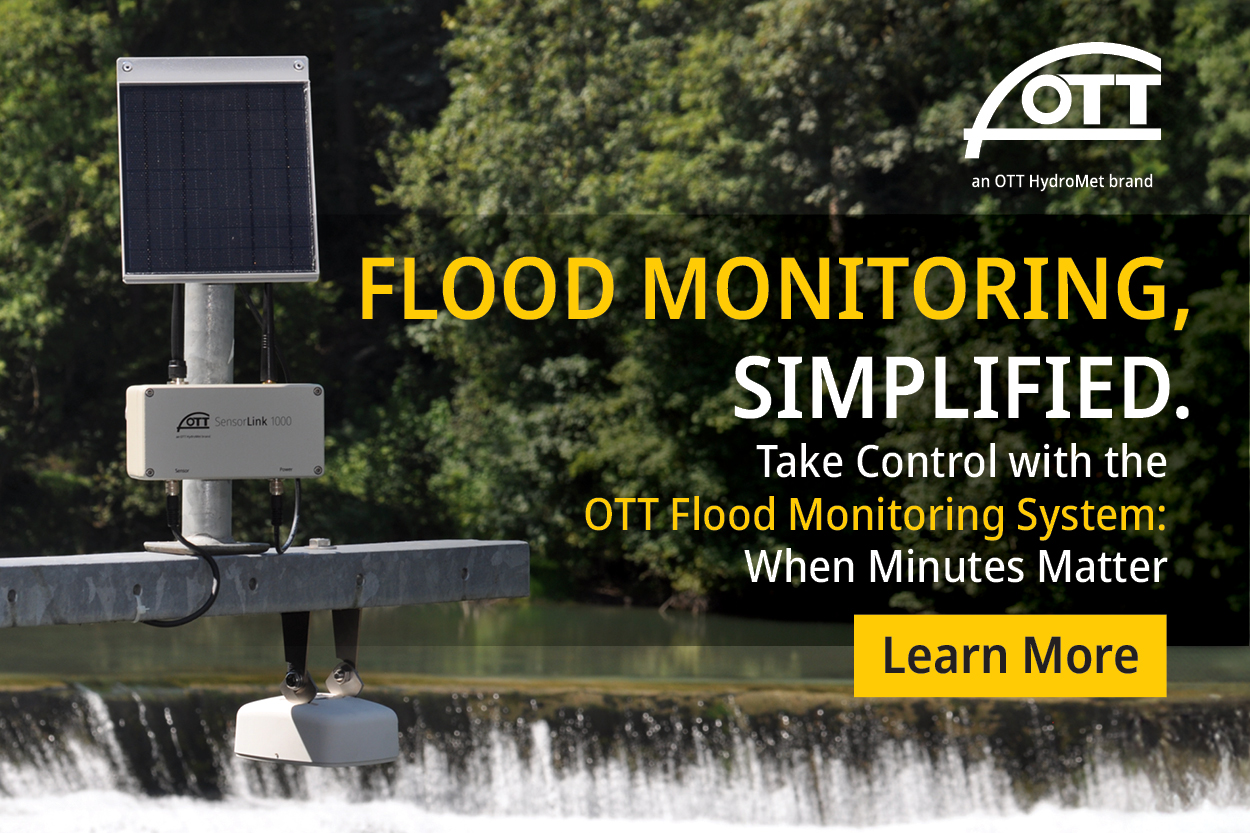In the course of the digital revolution, intelligent measurement technology is a keystone, since it enables the necessary automation in the first place. Thus, relevant data from smart technology can be collected and evaluated simultaneously. But how does this work exactly and where is the use of intelligent measuring technology a reality already?
In the course of the digital revolution, intelligent measuremen technology is a keystone, since it enables the necessary automation in the first place. Thus, relevant data from smart technology can be collected and evaluated simultaneously. But how does this work exactly and where is the use of intelligent measuring technology a reality already?
What is behind the concept of intelligent technology?
Intelligent or smart technology refers to automated systems that, among other things, can undertake tasks of conventional machines independently. The basis is formed by IT systems coupled to sensors, which can interact with other components via state-of-the-art network technology. Technical systems of this type both reduce the overall workload and increase reliability. Intelligent measuring technology also provides more accurate values and is much more flexible to use than conventional devices. Furthermore, smart measuring systems work much faster. In contrast to classical measuring instruments, intelligent techniques can adapt variably to prevailing environmental conditions, which significantly reduces the error susceptibility.
In which areas does intelligent measurement technology contribute to success significantly?
There are already numerous measuring instruments whose technology uses different variants of industrial sensors. One example is the intelligent environmental measurement technology in particular. For example, digital weather gauges with integrated weather sensors are increasingly replacing analogue structures such as devices based on the Hellmann principle. In contrast to analogue systems, digital precipitation sensors are low-maintenance or even maintenance-free, while their design is much more compact. Also, the information content is significantly greater with digital precipitation gauges, because, in addition to the amount of precipitation intensity and type, many other parameters can be determined. Another application of intelligent measurement techniques is the analysis of road conditions. Networked road & runway sensors are used here, e.g. to determine the water film height, ice percentage and the prevailing weather-related friction.
In addition to environmental technology, in the meantime, smart systems arrived in the automotive industry as well. Digital measuring devices play a key role in the realization of assistance systems and autonomous vehicles. Here, special mobile sensors gather a variety of data during the journey. On their basis, complicated calculations take place, which ultimately increase the comfort and safety of the passengers. Lane-keeping, warning and automatic brake systems are the precursors for this. Moreover, intelligent measurement technology is also relevant for the industrial production. The technology both monitors a wide range of production processes and adapts them to specific factors such as capacity or demand. Similar to the automotive sector, the development of intelligent measurement technology is being pushed further and further, so that a large number of innovations can be expected in the near future.
Why does intelligent measurement technology from Germany enjoy such a strong demand?
The well-known quality seal “Made in Germany” also retains its validity with regard to intelligent measurement technology. This refers to smart technology from Germany, especially from Lufft, which is popular globally mainly due to the high quality and innovative character. In international comparison, measuring devices from Germany prove to be particularly accurate and reliable. The high precision of the devices is not least owed to our strict quality controls and sophisticated development work. Basically, it’s to be expected that the triumph of the smart measurement technology is likely to spread out to further industries in future. Above all, crafts and scientific research can benefit from the new technology.
The conclusion
Smaller, faster and more effective: Intelligent measuring systems are undoubtedly the technology of tomorrow. With their the help, conventional processes can be optimized in a revolutionary way. Even today, companies can gain a real competitive advantage through the use of intelligent measurement technology, so that rapid action is definitely rewarded here.


